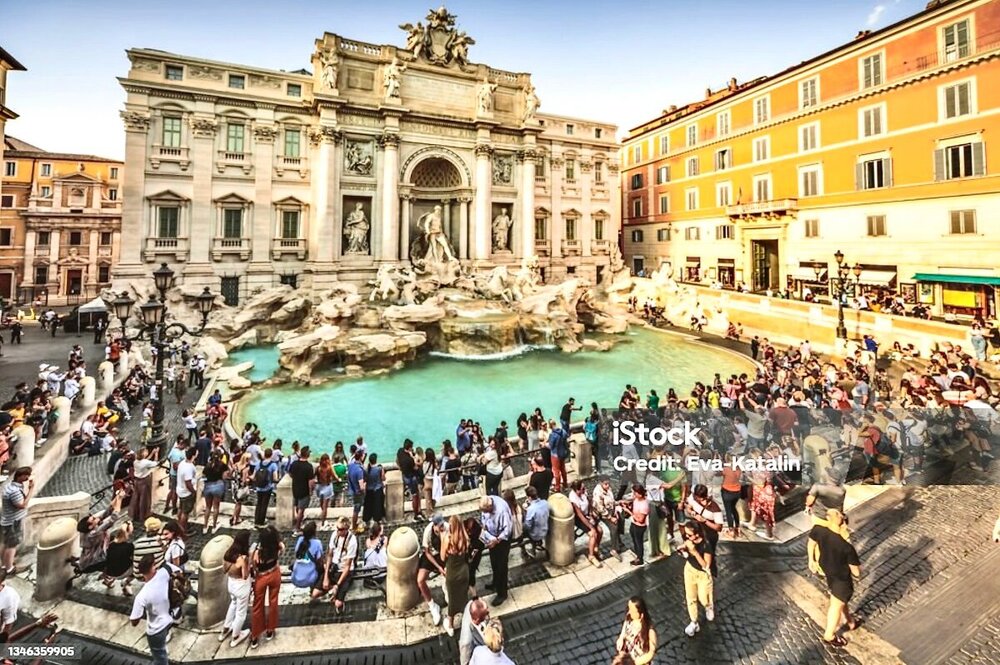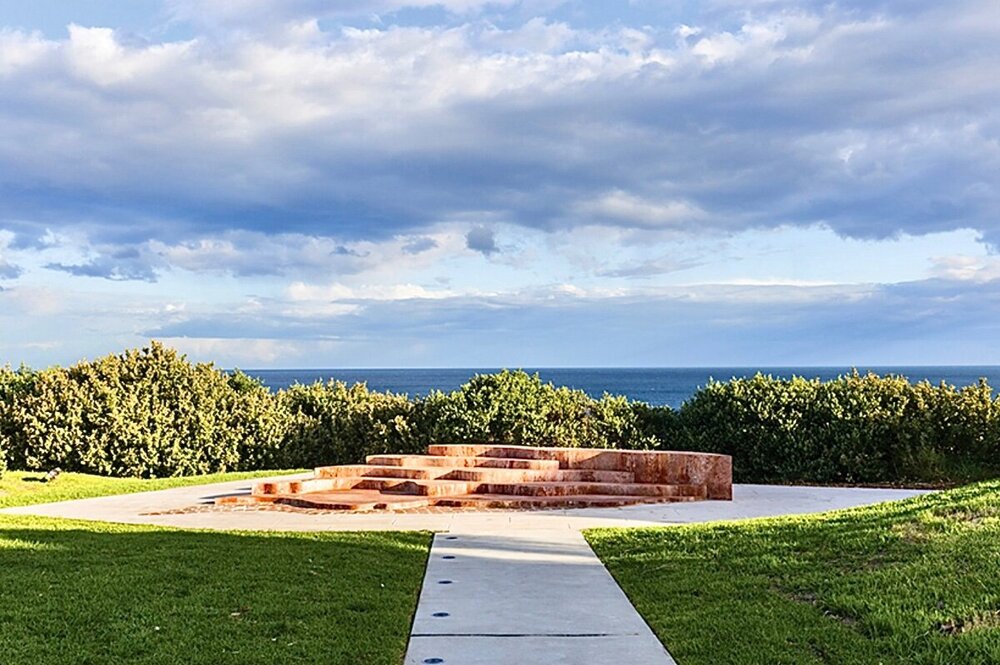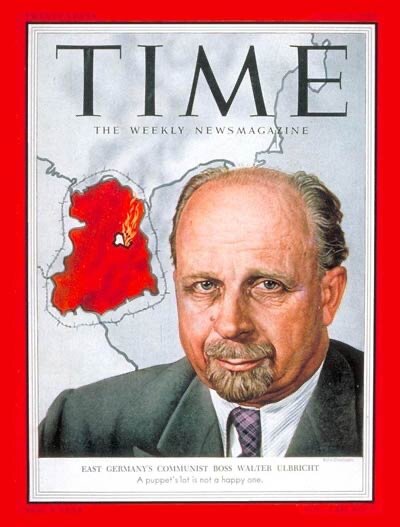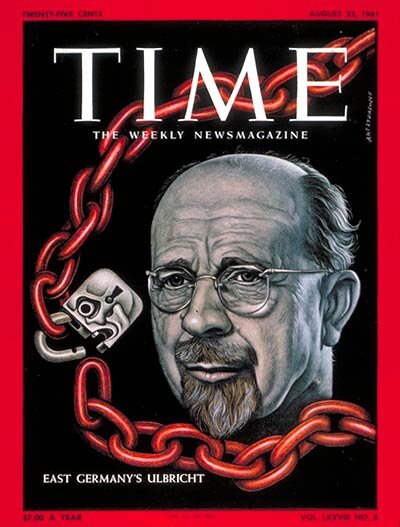
PeterRS
Members-
Posts
6,803 -
Joined
-
Last visited
-
Days Won
402
Content Type
Profiles
Forums
Events
Everything posted by PeterRS
-
Totally agree. The "forgot password" on Sawatdee is a disaster. You never get a response.
-
The Ruen Urai restaurant in the Rose Hotel off Suriwong (close to its new building and at the end of the swimming pool) has been a favourite of many readers for years. Last night, Friday, as I have done every time he has visited Bangkok for over a dozen years I took a friend there for dinner. For the first time the restaurant was totally empty apart from the owner at one table and the two of us at another. It is in the medium expensive category. Our bill for drinks and three courses came to Bt. 1,943. It is a lovely venue for dinner, but I fear if it gets no customers on a Friday evening, the end may be nigh. I sincerely hope not.
-
The Murders of Rob Reiner and his Wife: and the Issue of Anger
PeterRS replied to PeterRS's topic in The Beer Bar
Again you misquote me to fit your own narrative. I have never once stated the parents were responsible - and it is totally incorrect of you to even suggest that. How many times must I state taht what I wrote was this? "Perhaps – although this is only being hinted at and may not be fact - a misunderstanding on the part of the boy’s parents on how to deal with such very substantial on-going substance abuse, and a steady build-up of anger." You say you "imply"! Please realise once and for all you implied wrongly and only do so to fit your version. You are wrong! If you imply, then you should state that when you make your first post - and not leave it so you can cover up your earlier inaccurate comments. -
The Murders of Rob Reiner and his Wife: and the Issue of Anger
PeterRS replied to PeterRS's topic in The Beer Bar
Error posting apologies -
Trump Solves Thai-Cambodian Conflict - Or Does He?
PeterRS replied to PeterRS's topic in The Beer Bar
And the point is . . .? -
Trump Solves Thai-Cambodian Conflict - Or Does He?
PeterRS replied to PeterRS's topic in The Beer Bar
Excellent guide, thank you. -
Do you enjoy "What do they look like now?" articles?
PeterRS replied to unicorn's topic in The Beer Bar
No I think it is a stupid idea! As others have written, we all age and we age in different ways. Some have had plastic surgery and may not look as old as they are. Others have had the same surgery and look worse! Ageing is an issue for families, friends and neighbours - not cheap pot shots taken on internet sites. -
We were already advised some time ago that visitors to Europe from non-Shenghen countries will have to start paying a visitors' fee of around €20 from the end of 2026. And that includes UK visitors. Venice started the movement last year in an effort to cut down on the number of day trippers who pay no accommodation tax and often bring in their own food. For many days in the year, they have to pay a €5 tax. Now Rome is jumping on the bandwagon. One of it smost popular sites, the Trevi Fountain, will charge €2 to get close to it from February 1 next year. Personally I think it's a good idea. There are now so many tourists around it it is often impossible to see the fountain, only the sculpture at the back. https://www.bbc.com/news/articles/cp89p41gr06o.amp
-
The Murders of Rob Reiner and his Wife: and the Issue of Anger
PeterRS replied to PeterRS's topic in The Beer Bar
And you were about the only one to so misinterpret what was perfectly obvious. Where was the ambiguity you mention? -
But that really isn't true, is it? In theory it should be. But when a President has a majority in Congress, has the power to sign Executive Orders and has a Supreme Court that is weighted massively on political grounds, this is a good deal worse than the UK monarchy system. Trump has redefined what the American political system is capable of - and it's not very pretty. At least under a monarchy in the UK, the monarch has no say in the political system. Naturally some monarchs have in the past have wielded an excess of power. (Perhaps it's a wonder that under King James VI and 1, the son of Mary Queen of Scots, more in the nation did not become gay ) But that was the system then. Now the monarch can influence but it is the two Houses of Parliament that decide policy. My American friends tell me that Trump is an anomaly. That may well be. On the other hand, as countries move politically further from the centre and become more and more allied to right and left wings, it may not be. To my way of thinking it is a key problem with a two-party system. It splits the country more or less down the middle politically. Surely it can never have entered the minds of the founding fathers that the system of government they devised would throw up a King Donald. But it did and it has. And it is a perfect illustration of a country sticking blindly to a Constitution written centuries ago - even with the possiblity of amendments - when the founding fathers had no clue about the internet, the atomic bomb, the developments in flight and so on. The world changes, and countries have to adapt to that changing world. As for an elected President in the UK, I loathe the idea. That would have extended Margaret Thatcher's reign and thrown up an electorate bent on voting for past-it politicians or merry comic figures from the entertainment industry. I'll take my chance on a monarchy as the symbol of the Head of State.
-
Years ago in Tokyo I had a meeting with the head of Rolex and the executive of a different company. The Rolex guy complemented the other on his new shiny Rolex! It was a fake! Even the boss could not tell. I have never liked Rolex watches - too chunky and obvious. Many years ago when i left one company i knew the Board would not give me a leaving present. So i decided to get one for myself. I had always loved the classic Patek Philippe watch with the simplest of dials and a dimpled gold surround (no lonoger made, I believe). When I checked, the price was then US$5,000. End of the dream. Then I realised: what is the point of a classic watch? If worn every day, I'd no doubt drop it on the beach at weekends. If not worn every day, it needs three-yearly maintenance at very considerable cost. So I wore Swatch watches for several years!
-
Fires in a sauna are surely exceedingly rare. In Tokyo on Monday two were trapped inside one and died. It appears to have been a chapter of disasters. A faulty door knob, fire alarms switches that had been switched off for two years, and a burnt towel that it is assumed had caught fire when accidentally touching the hot sauna stones. Worth checking all in future visits. https://www.bbc.com/news/articles/c14v5625l8eo
-
And a host of others makers. Although many do not actually make the watches; they only put their names on them. There are several watchmakers in Switzerland making for a variety of customers. Many years ago my (wealthy) brother asked if I could bring him and his wife a pair of fake Rolexes. I did so. As both were working there was usually no one in their large house during the daytime. One afternoon my sister-in-law had to return to the house for something she had forgotten. On entering she heard a noise upstairs. Beijing a somewhat feisty lady, she shouted up "Who's there?" By the time she got up to the bedroom, the thieves had disappeared out of a window. Checking for what might be missing she noticed that only the fake Rolexes had been stolen. She chuckled at the thought of their trying to pawn worthless trinkets and expecting to get a few thousand $$s.
-
Interesting to know why ads are being put out now at the start of the high season and I hope regulars may be prepared to comment. Might it be because staff have migrated to other bars? Are staff leaving the business altogether?
-
Russia cuts off internet access to Rainbow Railroad
PeterRS replied to unicorn's topic in The Beer Bar
Thank you @Moses. I much appreciate your comments. -
I wonder if it really is sloppy thinking as opposed to bad upbringing, especially in schools. How to converse is as important as how to behave in public - and neither seems to be taught in schools any more.
-
The favourite story about the Queen Mother is that she genuinely had a soft spot for gay men. Most of her household servants were gay. One day having woken from her afternoon nap and slightly annoyed that her tipple had not arrived, she went to the balcony and shouted down, "I don't know about you queens down there but this old queen is still waiting for her drink."
-
The Murders of Rob Reiner and his Wife: and the Issue of Anger
PeterRS replied to PeterRS's topic in The Beer Bar
In this case, i am sorry but that is rubbish! Why should two posters deserve a spanking when all one has done is report percisely what was written in the media and the other has called him out for being a liar? Sometimes your sitting on the fence is misplaced! I have never doubted @unicorn's qualifications. I myself am from a very medical family as I have pointed out here before. My grandfather, father, all my uncles, brother, sister, niece and two of my cousins are members of the medical profession and my late brother-in-law was in charge of a hospital for the mentally challenged. I have nothing but praise for those working in the profession. But I will not have one poster call me a liar when it is perfectly plain that i did no such thing! -
Trump Solves Thai-Cambodian Conflict - Or Does He?
PeterRS replied to PeterRS's topic in The Beer Bar
Mention of Jeffrey Dahmer reminds me that the police who returned the 14-year old naked Laotian boy to him should have been jailed for failing to do their jobs. Was anyone even admonished? Nope! The three ladies who had reported the matter to the police had drawn their attention to blood on several parts of the teenager's body. They were furious that no action was taken. -
The Murders of Rob Reiner and his Wife: and the Issue of Anger
PeterRS replied to PeterRS's topic in The Beer Bar
Oh please do not be so silly and please do not put words into my posts. I reported what has been reported in the media with comments made by Mr. And Mrs. Reiner. I did not make them up - and you failed to point out that I had stated very clearly in my first line "not because it is my own view - not in the slightest." But you jump on the bandwagon and tell the Board that I know better than professionals. Grow up, please! -
With 15 now dead, this has reminded me of the much larger massacre of another group of people in Sydney, this time belonging to the LGBT community. Roughly from the mid-1970s to the late-1990s, it is estimated that 88 gay men were murdered and an untold number of others assaulted in various part of Sydney, including Marks Park very close to Bondi Beach. Marks Park was a favoured meeting ground for gay men and many were murdered by being thrown off the cliff. Several gay-hating gangs were reported to be involved. There existed in Sydney at the time a serious attitude of homophobia. Homosexuality was only decriminalised in New South Wales in 1984 just as the AIDS pandemic swept the country. For years the NSW police had been arresting anyone suspected of being gay. That did not change with the change in the law and there remained within the police force the view that all gay men were criminals. Thus the investigation into the gay murders was half-hearted at best. Only a few culprits were ever brought to justice. The Bondi Memorial 'Rise' artwork in Marks Park with the names of the known dead within the stonework (for it is suspected that at least 30 were never reported) commemorates these dark days of Sydney's gay past.
-
Russia cuts off internet access to Rainbow Railroad
PeterRS replied to unicorn's topic in The Beer Bar
I'm always curous! Although I have had some not pleasant ding-dongs with @Moses (partly my fault, I admit), I would appreciate his advice if he wishes to give it. I haven't been to Moscow since 2011. As mentioned in a thread yesterday, for part of that visit I was at a Conference and we were housed at the lovely Swissotel. It has a circular bar at the top from which you can see many of the city's landmarks. On two evenings, three colleagues and I (all but one gay) spent quite lovely evenings in that bar. Our waiter was a beautiful slim Russian named Pavel and it seemed he twigged quite quickly that we were a gayish crowd. We particularly enjoyed watching the antics of the young barmen who were all equally handsome and superb at their job. Pavel told us that all were from another country which I cannot now remember and one had won a bartenders' prize at some quite major competition. Watching these guys go about their work made us all think some - quite a few, in fact - were probably gay. Is that likely to be true, or is it more likely they were adopting certain western mannerisms only to make us think that? Two years later, I was with a friend in St. Petersburg - fabulous city! En route to Catherine's Palace, we noticed a lot of young guys probably in the 17-20 age range. We later realised there was a stop at a nearby Technical College. They were laughing and having a good time. Two even stood up to give us their seats (both of us having grey hair - but in 25 years of living in Bangkok this has happened to me only twice!) Although my companion on that trip was a lady, two of the students seemed - and perhaps this was merely wishful thinking - to be looking at me rather intently. When they left the carriage, both looked round at me. The impression I had was that both might have been gay. On that trip we had got an amazing deal at a 5-star hotel on Nevsky Prospekt. Serving in the Executive Lounge was a gorgeous looking young man who told me he was 18 and only worked part-time to save up for a laptop computer. His English was amazingly good and I spent an entire afternoon just chatting with him - and also admiring his uniform which had rather tight-fitting pants! He gave me an idea of some places to visit which are not on the usual itineraries, one of which was just a rather lovely park. I had visions of his being gay and spending a night in my large room, but of course that would have been totally out of the question. I never even found out if he was gay. Probably not, but I made sure he had a handsome tip to put towards the purchase of his computer! So my question is: is it usual for young gay men to be attracted to service jobs in Russia? -
Don't you realise it's just a bit of fun - not a course in English dialects or syllable counts? You could have added that Madras no longer exists. But fitting Chennai into the limerick doesn't quite work!
-
Trump Solves Thai-Cambodian Conflict - Or Does He?
PeterRS replied to PeterRS's topic in The Beer Bar
Agreed. Honeker was an ultra-strict harliner and his regime in East Germany was arguably harsher on the people than any in the western communist bloc, with the exception of the loathed Ceausescu in Romania. In this respect he followed almost exactly his predecessor, the staunch Leninist Walter Ulbricht. Ubricht's first job was to call in Soviet troops to put down a widespread uprising. For whatever reason, he twice made it on to the cover of TIME magazine, once around the start of his regime which the west assumed might be relatively liberal, and once when the Wall had just gone up and the country locked down. His attempts to build a Stalinist state failed miserably leading to mass migration to West Berlin. Hence his decision to build the Wall and shoot anyone trying to escape. Increasingly he failed to follow Moscow's directives. He was finally forced out of office in 1971 and replaced by his fellow dictator Honecker. He died two years later. Although the Wall was not built under his regime, Honecker was given responsibility for it and was exceedingly proud of what he had achieved. Yet, like his predecessor, we should recall that by the time he departed Germany, Honecker was a very sick man. He was suffereing from liver cancer. Arrested in 1990, he was released when his medical condition became known. He was quickly spirited to Moscow where he could not be touched by the Arrest Warrant issued in West Berlin. He was in fact brought back to Berlin in July 1992 to face 75 criminal charges and put on trial. It was in January 1993 that he was released on medical grounds and permitted to fly to Chile. A very sick man, he died the following year. Although it is thought he lived a normal life after his ouster, it was in fact very different. For him it must have been a miserable few years. He would have been better off suffering the fate of Ceausescu - capture by his own people three days after fleeing in a helicopter and shot.







